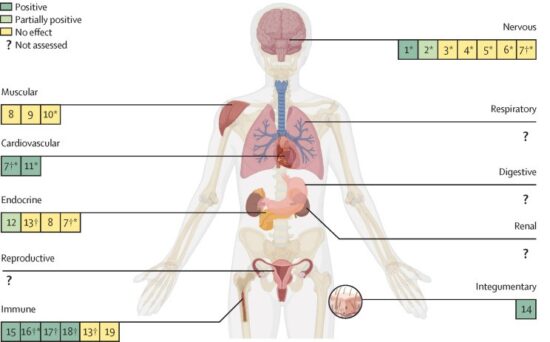The drug Rapamycin, an mTOR gene inhibitor, and its derivatives are being taken by many searching for the fountain of youth, or at least, a longer, healthier lifespan. What is mTOR and what is its role in humans and other animals? mTOR is an acronym for the Mechanistic Target of Rapamycin protein, a regulator of cell growth and division and autophagy, the natural cycle of cell degradation in the body. It fits the category of a cell metabolism regulator that includes endocrine hormones, glycogen, glucose, fatty acids and other proteins and chemistry generated by our body systems.
Rapamycin is a derivative of Streptomyces hygroscopicus bacterium first discovered in soils sampled from Rapa Nui in 1972. Rapa Nui is better known as Easter Island and the “rapa” in Rapamycin derives its name from where it originated.
In laboratory testing on animals, Rapamycin produced optimistic results in enhancing immune response in affecting mTOR signalling. It also was found to decrease mTOR signalling causing lifespans in yeast to extend up to 20%, in worms up to 19%, in flies up to 24%, and in mice up to 60%.
Eventually, Rapamycin in human clinical trials when combined with seasonal flu vaccines showed the combination reversed the normal gradual loss in body immune response in older participants. Today, it is proving effective in treating certain cancers, as an antirejection treatment for organ transplants, as a coating on coronary stents, and in treating cystic lung diseases and kidney tumours.
The following illustration shows results from these human trials and where Rapamycin proved effective.

But it is another property of Rapamycin that has inspired people like Peter Diamandis of XPrize fame and also a doctor, who takes 6 milligrams of Rapamycin once a week each month with a month off in between. Peter is a disciple having described his taking of Rapamycin as having “more upside potential than downside.”
Peter believes Rapamycin will help extend his life well beyond current age limits. He has adopted a low-sugar and healthy food diet lifestyle along with the prophylactic use of Rapamycin and many other vitamins, minerals and supplements (75 in total).
Peter has been so convinced of Rapamycin and his other lifestyle-changing behaviours benefits that he helped organize and launch the $101 million Healthspan XPrize competition. The goal is to inspire therapies, technologies and inventions that will add 20 years to today’s global average 73.4-year human lifespan.
The prize may yield novel therapeutic drug and nutritional solutions as well as dietary behaviour interventions. Rapamycin is in the drug category. It is considered a generic. In combination with other medications commonly used to treat chronic conditions such as high cholesterol and diabetes, Rapamycin’s low-dose anti-inflammatory characteristics are seen as useful in fending off associated age-related aspects.
In a recent newsletter, Peter Diamandis described the use of a Rapamycin-based drug in a clinical trial to treat respiratory infections. resTORbio is the developer of a drug named RTB101. It is demonstrating a 30.6% decrease in incidents of respiratory tract infections in the current trial.
Treating diseases associated with ageing is one way to increase longevity. States Dr. Jonathan An, a dentist working with the University of Washington’s School of Dentistry Regional Clinical Dental Research Center, “It really comes down to targeting the biology of ageing.” He is doing that very thing in a first-of-its-kind study to evaluate the use of Rapamycin prophylactically to treat chronic periodontal disease.
Infected gums occur in 70% of Americans over the age of 65. The occurrence is associated with increased levels of heart and Alzheimer’s disease. Enrolled participants will be over the age of 50 with diagnoses of periodontal disease. The trial is looking to see if Rapamycin given before conventional periodontal treatment reduces the inflammatory cascade effect observed when gum disease is left untreated.
Dr. An notes that chronic periodontal disease has no cure. Cleanings slow its progression but the inflammatory response is recurring. Dr. An hopes the trial will demonstrate that prophylactic Rapamycin usage before oral cleanings can become a game changer in dental practice and have a positive impact on longevity.









